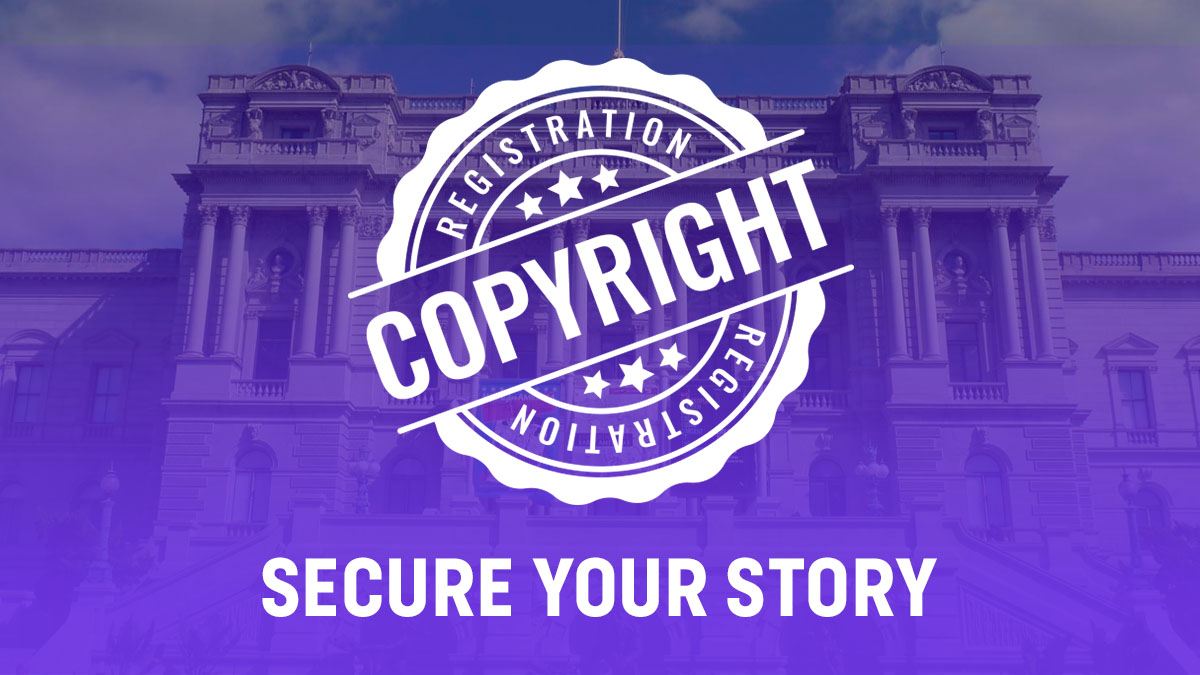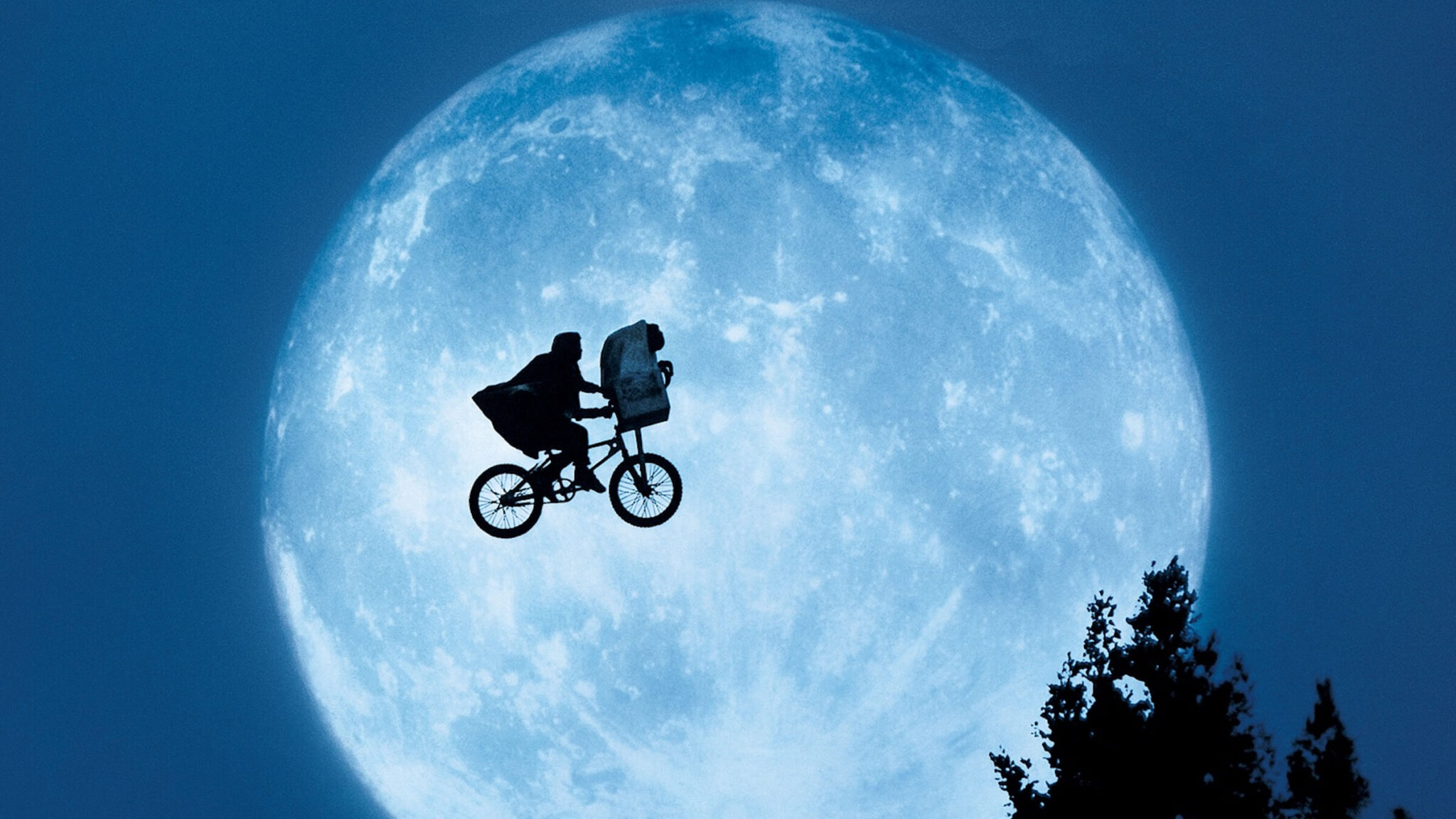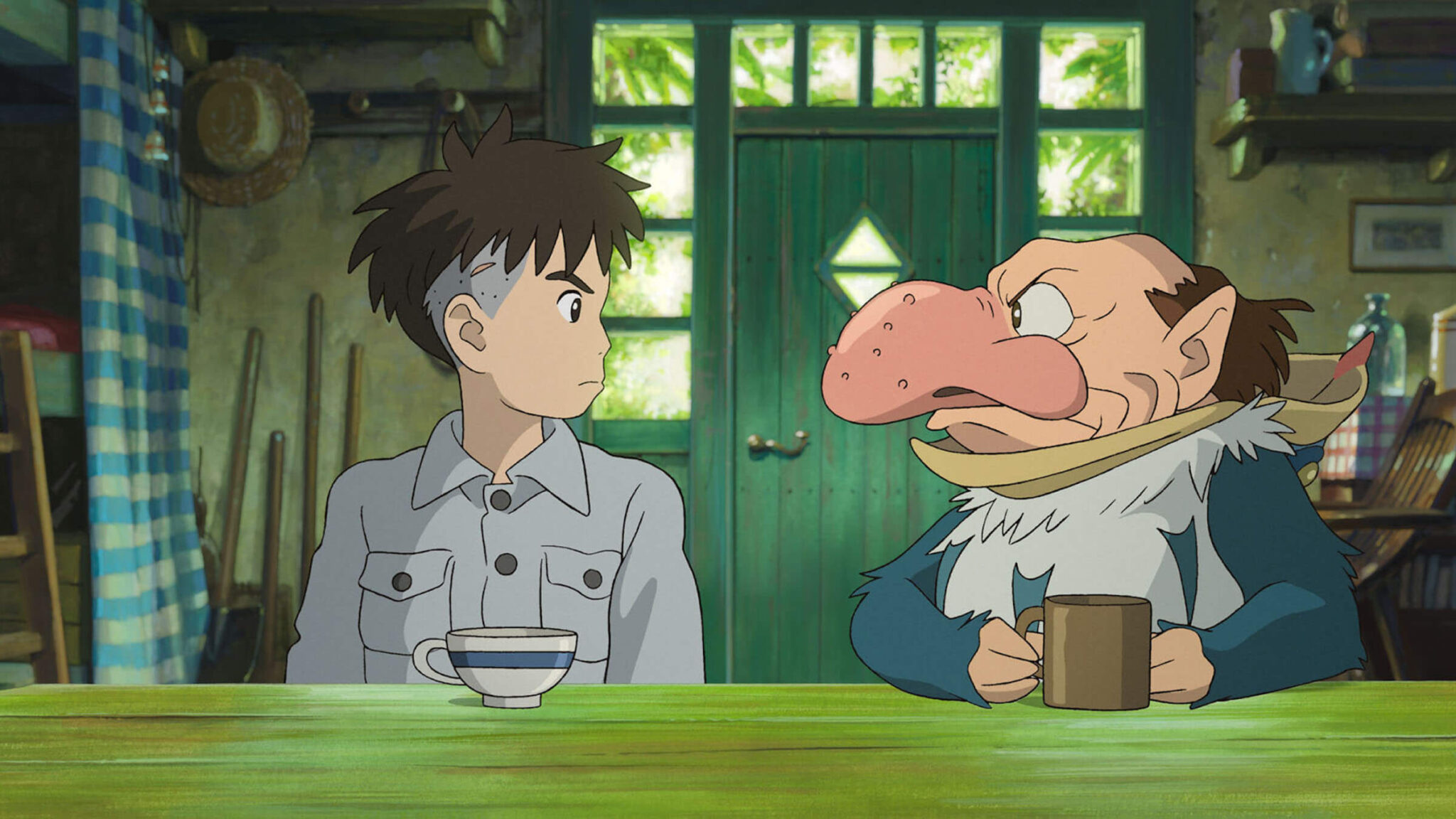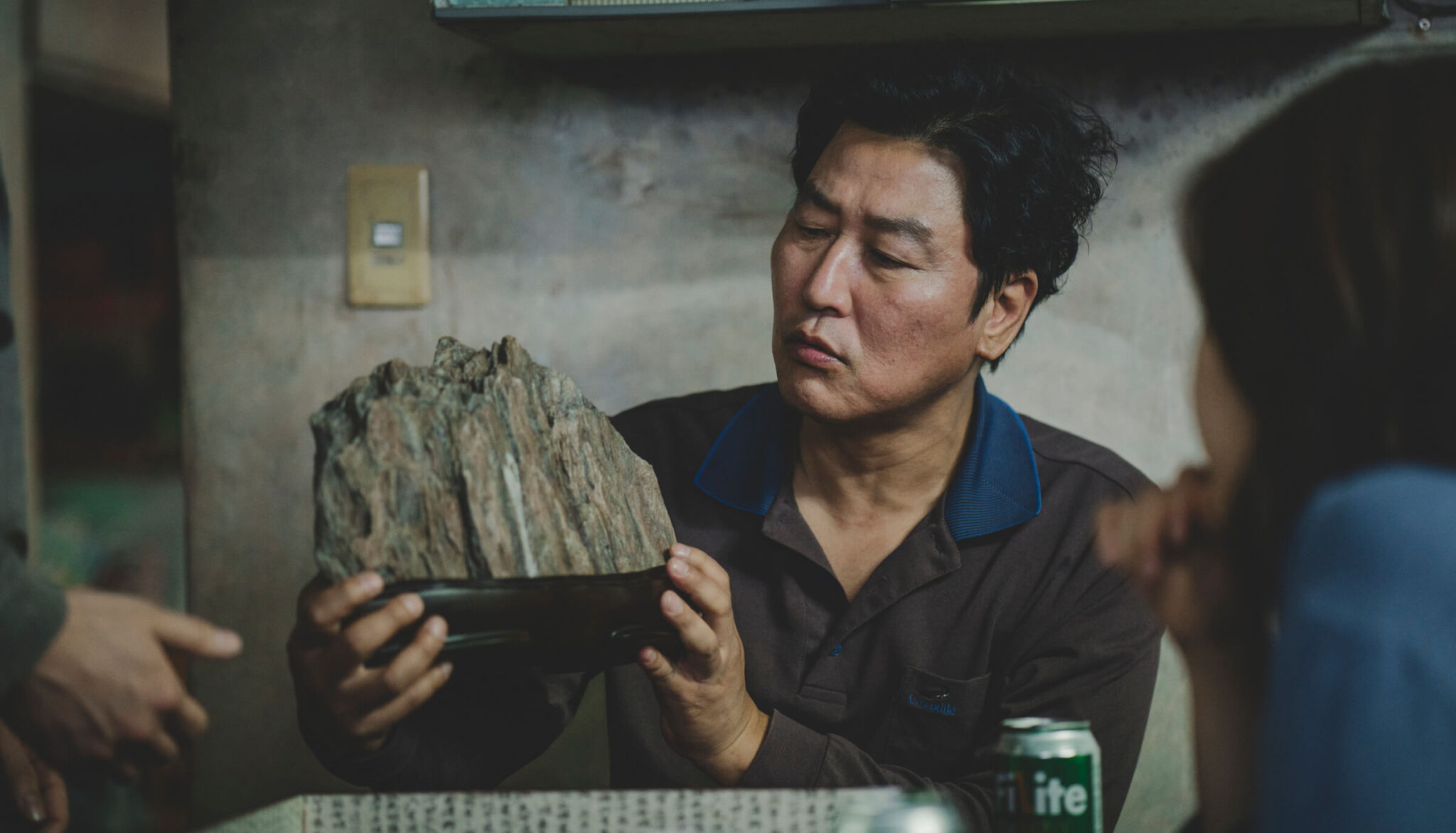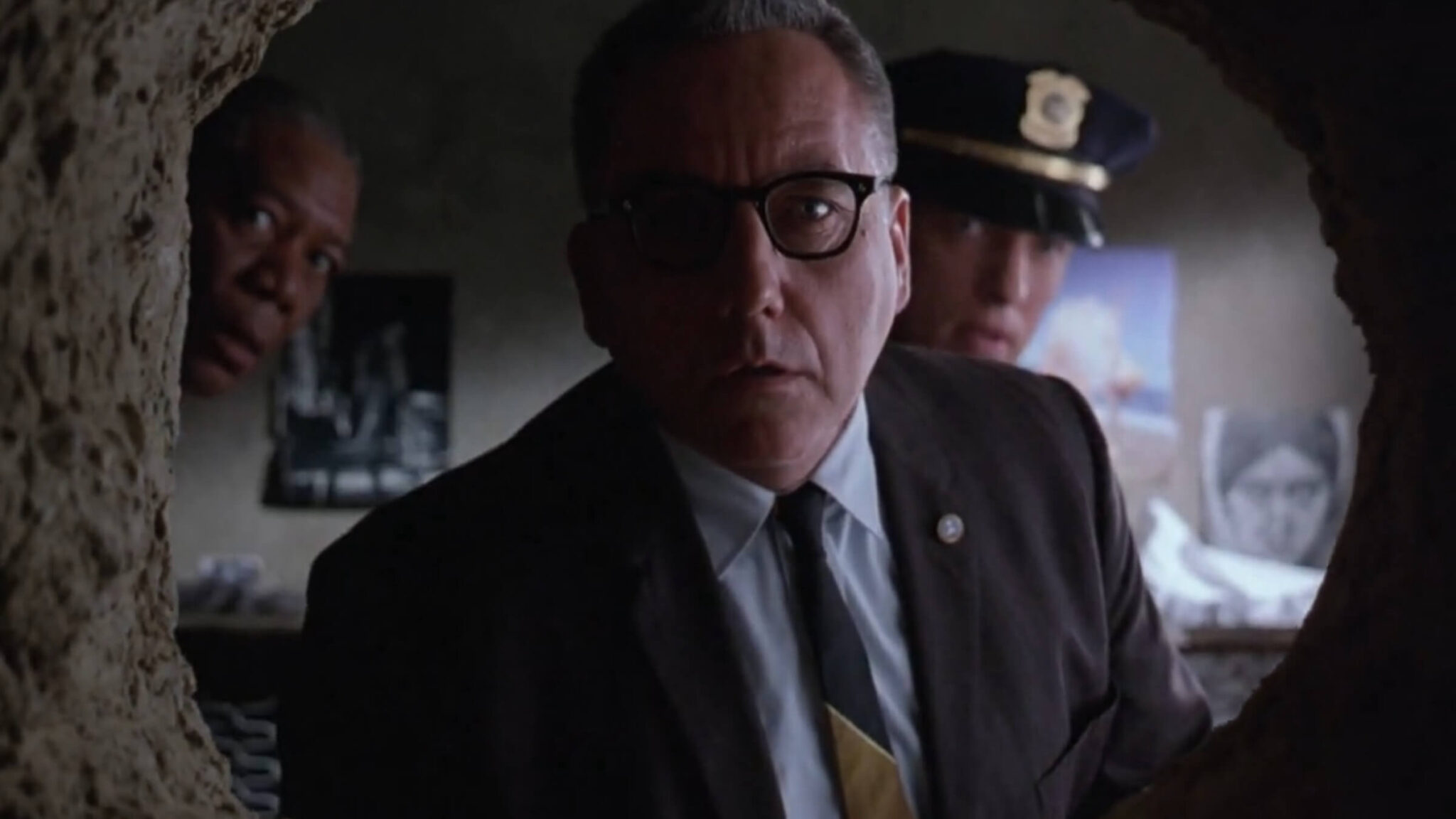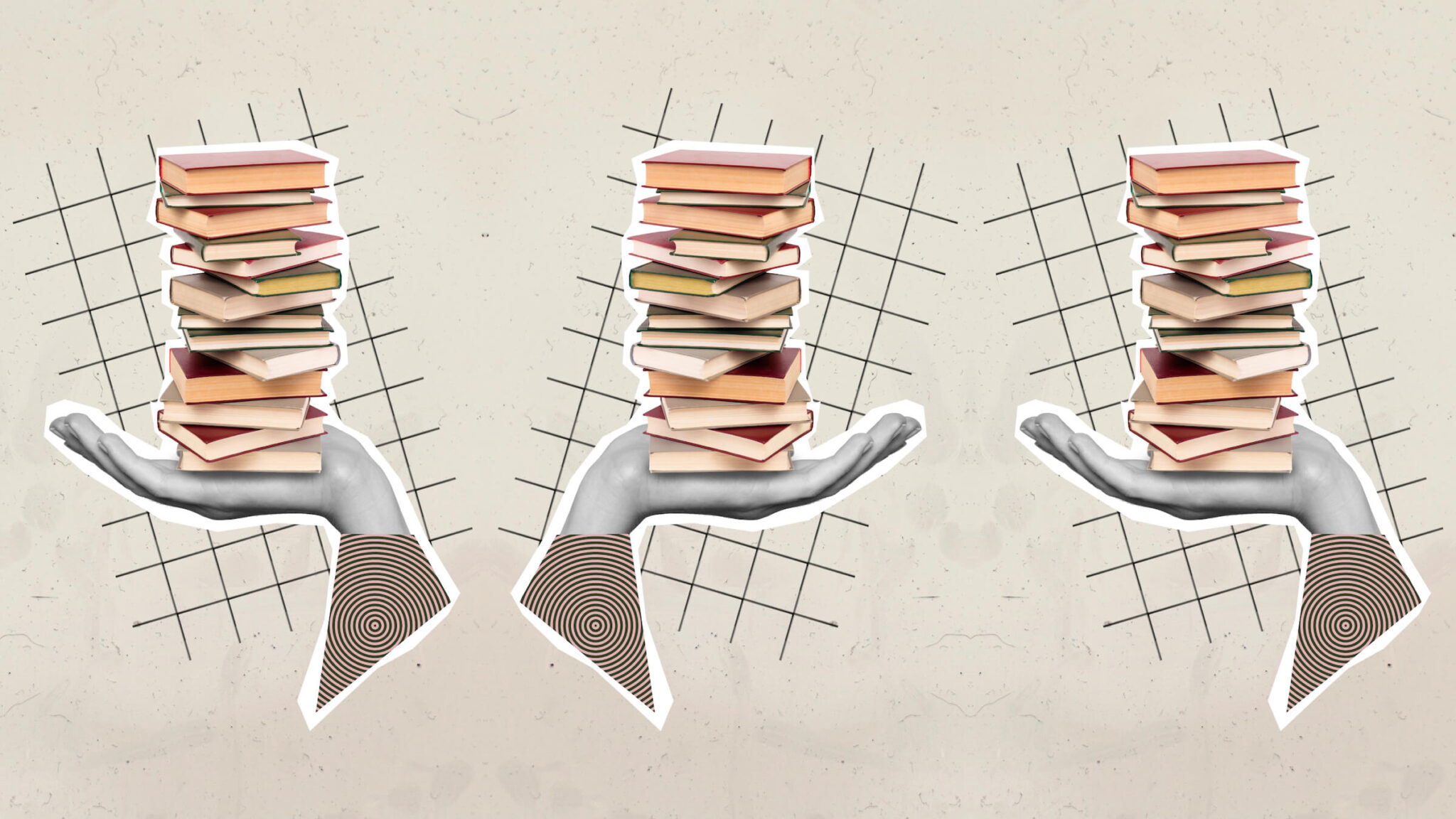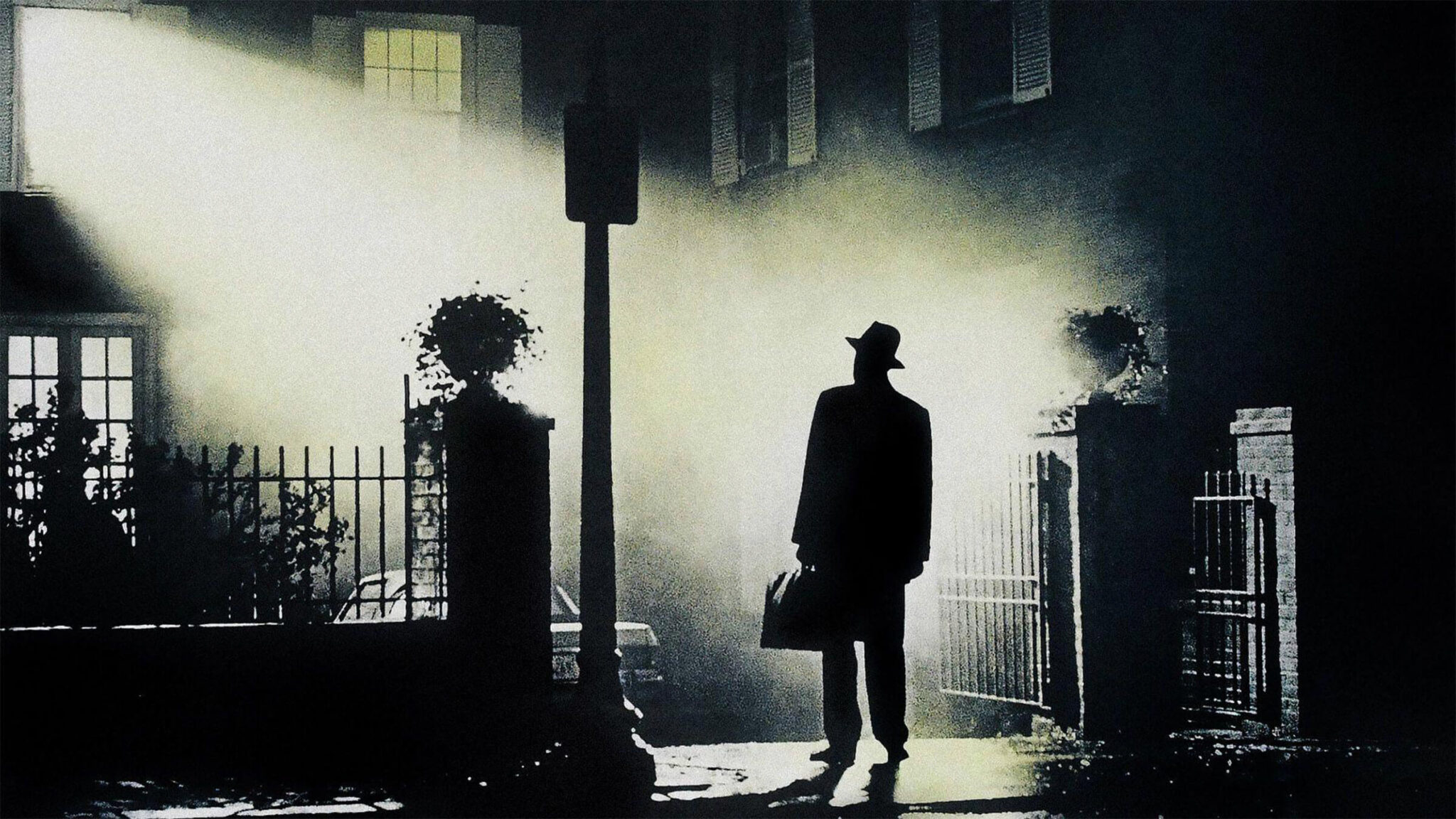Tips for Staying Inspired Through the Highs and Lows of Screenwriting

How do screenwriters stay inspired and motivated through the ups and downs of the screenwriting journey?
Make no mistake, pursuing a career in screenwriting is difficult — but someone has to write all of these movies and series.
Every single successful working screenwriter out there right now went through many highs and lows throughout the pursuit of their screenwriting dream.
There is no escaping the rejection, the dead ends, the false starts, and the personal struggles of staying inspired and motivated as you face the adversity of Hollywood.
With that in mind, here we offer some simple and straightforward tips on how to keep that necessary inspiration flowing so that you can get through those tough times and maneuver your way properly through those moments of success.
Avoid the Pit of Self-Shame

There's nothing wrong with prioritizing elements of your life over screenwriting.
Yes, you need to discipline yourself to stay on target and maintain some type of writing schedule, but since you're not a professional screenwriter just yet, you (and others) need to remember the realities in life — family and current career responsibilities. And sometimes, based on what is going on in your life, you need to take a day or week off to decompress.
Life shouldn't always be about the hustle and bustle. There's nothing wrong with taking time for yourself. And you can't escape the responsibilities of your family life and current career that pays the bills.
When you miss a writing session or suddenly realize that you haven't written a word in two weeks, it's very easy to shame yourself. But nothing good comes from that purely negative emotional action. It causes a chemical imbalance that brings your spirits down and kills any inspiration that your body, soul, and mind need to persevere.
Instead, smile and tell yourself that life just got in the way — just as it does with everyone — and plan ahead for the next writing session. Get excited and have fun with those plans.
Simplify Your Writing Process
The more difficult your writing process is, the harder it is to get into the zone that you need to be in to write great content.
One of the biggest hindrances that so many screenwriters deal with is over-analyzation, also known as the paralysis of analysis. When you over-develop and over-prepare, you get too caught up in the process and lose the inspiration and motivation to write.
Outlines, treatments, index cards, and research can be effective for screenwriters, but they can also be a hindrance if you focus too much on them within your writing process.
Shave your development process down to basic steps that don't call for too much time and energy.

Do the necessary front-end work, but don't obsess over it.
Don't rely on that front-end work to solve every single question and problem that you have regarding your stories and characters.
Don't be afraid to answer those questions and deal with those problems as you write.
Read ScreenCraft's 3 Ways Screenwriters Can Avoid the Paralysis of Analysis!
Structure a Streamlined Writing Session Routine
Making use of the time you've carved out of your life for each writing session is key to staying inspired.
Distractions are all around you. You need to mitigate those distractions — and you accomplish that by bringing structure to your life and your individual writing sessions by streamlining everything.

Here are a few tips:
- Automate anything you can. Use Apps to create automated workflows that free up your time and energy.
- Answer emails right before and after your writing session, instead of checking every push notification that comes your way.
- Set specific writing time and page goals. Vague or unspecified writing session goals lead to inefficiency and waste.
When you set a routine that is simple and streamlined, you can get to the writing as quickly as possible without losing the necessary inspiration that your stories and characters need.
Learn the best way to structure your screenplay with this free guide.
Choose Projects That You NEED to Write
The best inspiration comes from within — when you need to get something out.

Too many screenwriters buy into the trends and directives that insiders preach about. You feel that it's necessary to follow the hot trend or avoid the genres and subgenres that some industry insiders cover in interviews or panels.
The hidden secret within Hollywood is that nobody really knows what they want to greenlight. It's your job as a screenwriter to give them what they didn't know they wanted.
Sure, there are certain types of screenplays that attract more attention for whatever reason. But it's the ones that stand out that gain more momentum in the end.
So focus less on what the trades, pundits, and industry insiders are telling you to write, and instead write stories that you need to get out of your system. Those original, unique, and exciting concepts that are haunting psyche.
If you can marry those concepts with a hot trend or in-demand subgenre, great. If not, maybe you can lead the next wave of hot trends that Hollywood will crave for.
Keep Daily Inspiration On Hand
Developing and writing screenplays can use up a lot of your ideas and energy — and if you want to be able to withstand the highs and lows, it helps to find ways to replenish those elements.
Daily inspiration is vital to surviving the screenwriting journey.
That inspiration can come from anything — from blogs, podcasts, Pinterest boards, YouTube videos, music playlists, etc.
Do your future self a favor and create a collection of materials that get you moving, calm you and help you focus, or provide you with some type of inspiration.

Find music playlists that help you get into "the zone" for writing.
Read ScreenCraft's How to Use Music to Write Better Screenplays!
Find an inspirational YouTube video that can get you pumped to take on your dream.
Read ScreenCraft's The Ultimate Inspirational Video for All Screenwriters!
Do the front-end work of compiling daily inspiration that you can turn to.
Find a Screenwriting Army to Back You Up
Whether it's through social media, writing groups, or peer-to-peer support or writing partnerships, it's helpful to stay inspired by being able to turn to others going through the same highs and lows of screenwriting.

Twitter can actually be a very positive support system for writers, especially when you utilize relatable hashtags (#screenwriting, #screenwriters, #writers, #writing, #filmmakers, #filmmaking).
Facebook groups and pages are just as effective.
Local writing groups that meet up regularly (in person or on Zoom) offer you the chance to share space with like-minded individuals.
Online writing groups — through websites, services, social media, or Apps (Slack) — can give you wonderful sounding boards to turn to.
And never forget about family and friends — the best of which are always there to cheer you on, give you the tough love you need to get past your own issues that may be holding you back, or just always be that reliable ear to talk to.
Always Stop Writing Sessions in the Middle of a Big Scene or Moment
Once again, the best inspiration comes from within.
When you write to exhaustion, trying to get as much out as you can until you have no more left in the tank, you're not doing your future-self any favors for that next writing session.
One thing that you can do is cut off your writing session in the middle of an engaging or emotional scene, sequence, or moment — and then leave the rest for the next time you sit down to write. Then you'll be aching to write again.

It may sound counter-productive to some — forcing yourself out of an inspired writing session — but you'd be surprised how handy this trick is.
When In Doubt, Watch a Movie
When you’re feeling down and when rejection is mounting, there’s no better cure than sitting down to watch a movie, ideally in a movie theater, with some popcorn and a drink, waiting for that magical moment when the movie starts.

You’ll instantly remember why you embarked on this screenwriting journey when you feel the energy and anticipation of that opening scene. And you’ll feel your own energy and anticipation, which will remind you why you want to tell cinematic stories — to give audiences that feeling.
Watching movies can also offer you the chance to be inspired by the visuals, the characters, and the stories — using them as seeds to the cinematic stories that you are crafting.
Inspiration is everything for a screenwriter. It's what plants seeds for your creative process. It's what gets your butt in the seat to write during your writing process. And it gets you through the highs — and especially the lows — of the marketing and networking process as you face rejection after rejection.
Ken Miyamoto has worked in the film industry for nearly two decades, most notably as a studio liaison for Sony Studios and then as a script reader and story analyst for Sony Pictures.
He has many studio meetings under his belt as a produced screenwriter, meeting with the likes of Sony, Dreamworks, Universal, Disney, Warner Brothers, as well as many production and management companies. He has had a previous development deal with Lionsgate, as well as multiple writing assignments, including the produced miniseries Blackout, starring Anne Heche, Sean Patrick Flanery, Billy Zane, James Brolin, Haylie Duff, Brian Bloom, Eric La Salle, and Bruce Boxleitner. Follow Ken on Twitter @KenMovies
For all the latest ScreenCraft news and updates, follow us on Twitter, Facebook, and Instagram.
Tags
Get Our Screenwriting Newsletter!
Get weekly writing inspiration delivered to your inbox - including industry news, popular articles, and more!





